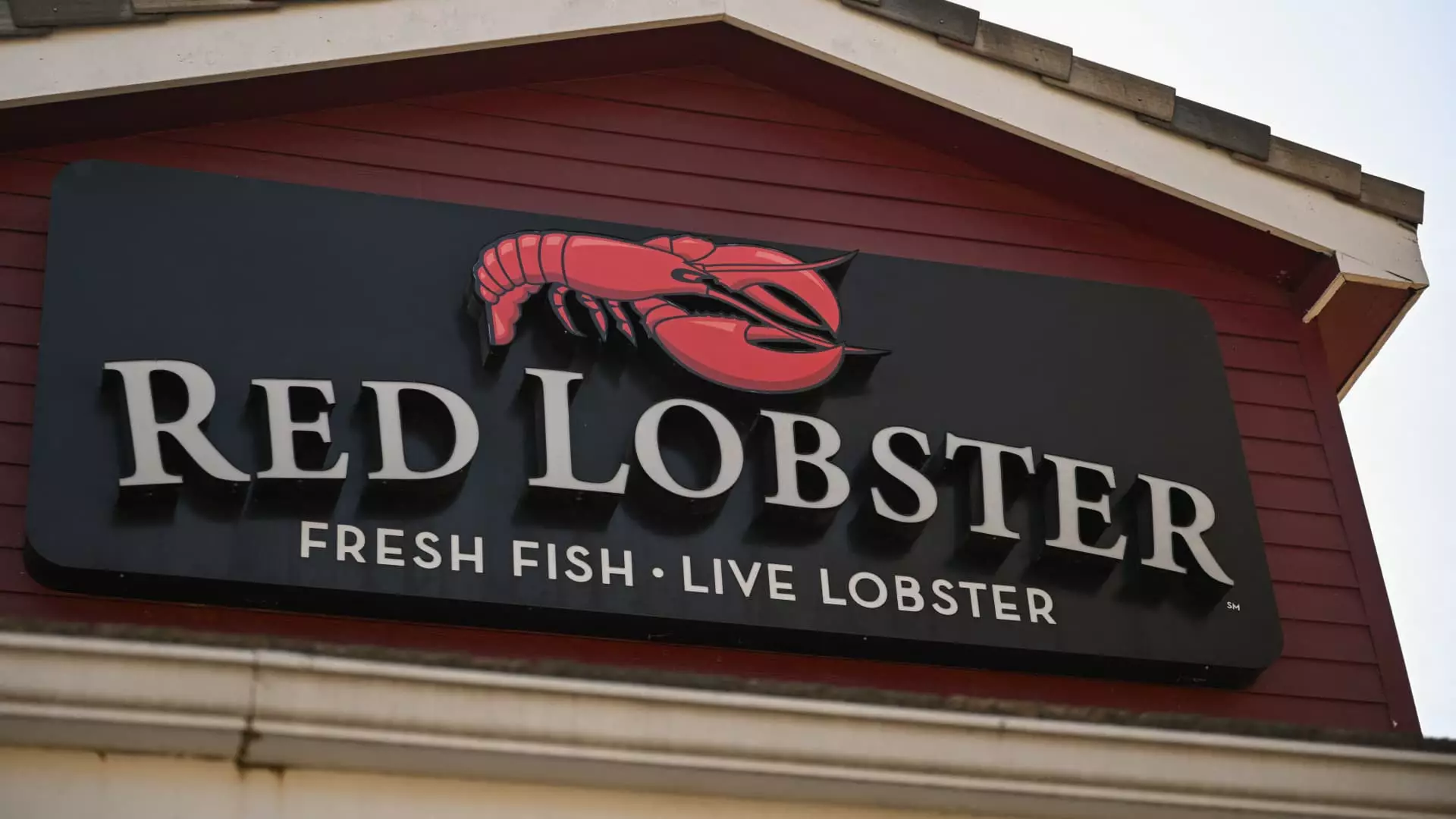The year 2024 has brought a significant surge in restaurant bankruptcy filings, reflective of a broader increase in corporate bankruptcies across various sectors. At least 10 restaurant chains have filed for bankruptcy this year, with notable eateries such as Roti, Buca di Beppo, and World of Beer facing financial difficulties. These bankruptcies have been attributed to factors such as declining consumer spending, rising labor costs, and the withdrawal of Covid-era government assistance. In addition to restaurants, companies in other industries, including retail and healthcare, have also sought bankruptcy protection due to challenges like high interest rates.
Amidst these bankruptcy filings, restaurant chains such as Rubio’s, Melt Bar and Grilled, and Kuma’s Corner have struggled to stay afloat. Rubio’s Restaurants, known for its fish tacos, cited increasing food and utility expenses, reduced lunchtime traffic due to remote work, and California’s minimum wage hikes as reasons for its financial strain. Melt Bar and Grilled, a Cleveland-based chain specializing in grilled cheese sandwiches and craft beer, faced difficulties in paying vendors and landlords, leading to its Chapter 11 filing. Kuma Holdings, the parent company of Kuma’s Corner, also sought bankruptcy protection, highlighting the challenges faced by midwestern burger chains in the competitive restaurant industry.
Seafood giant Red Lobster and Tex-Mex chain Tijuana Flats were among the prominent restaurant chains that filed for bankruptcy in 2024. Red Lobster cited a combination of macroeconomic challenges, a large and underperforming restaurant network, and failed strategic initiatives as reasons for its insolvency. The company’s ill-fated “endless shrimp” promotion in 2023, coupled with expensive lease agreements, contributed to its financial woes. Tijuana Flats, on the other hand, underwent ownership changes and restructuring efforts, leading to the closure of several locations as part of its Chapter 11 process.
Chicken-tender chain Sticky’s Finger Joint and Portland-based ramen chain Nong’s Khao Man Gai were also among the casualties of the restaurant industry’s financial challenges. Sticky’s Finger Joint faced rising commodity prices, lingering pandemic effects, and legal expenses from trademark disputes, prompting the company to restructure through bankruptcy. Nong’s Khao Man Gai, which abruptly closed all its locations in 2024, struggled to sustain its business more than a decade after its founding, underscoring the intense competition and operational difficulties faced by niche cuisine chains.
The surge in restaurant bankruptcies in 2024 reflects the broader economic uncertainties and operational challenges facing the food service industry. From fast-casual chains to iconic eateries, the wave of bankruptcies highlights the need for adaptive business strategies, cost control measures, and operational efficiencies to navigate the evolving landscape of consumer preferences and market dynamics. As companies continue to grapple with post-pandemic realities and competitive pressures, resilience, innovation, and strategic decision-making will be critical in determining the survival and success of restaurant chains in the years to come.

